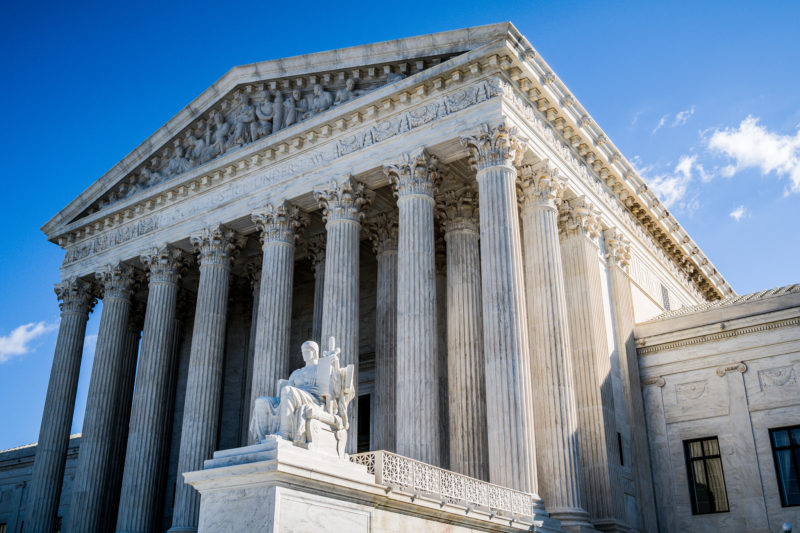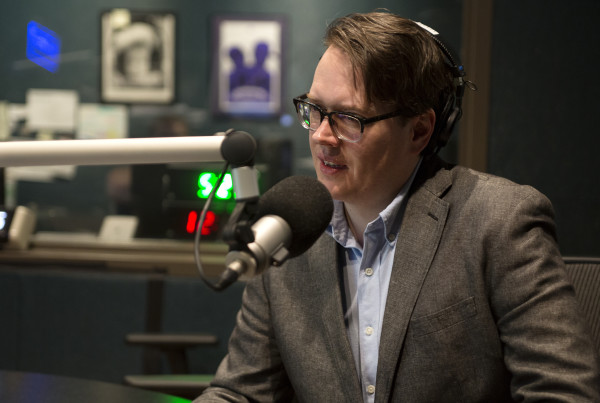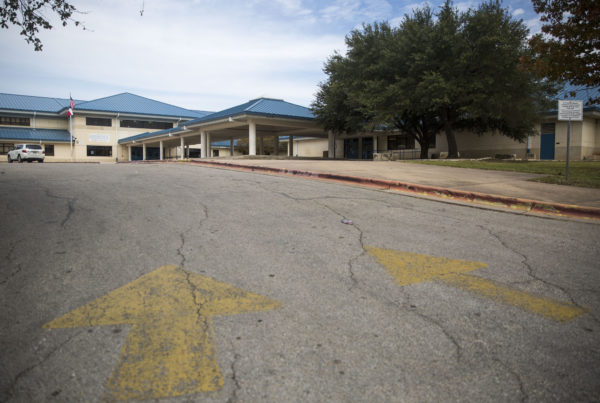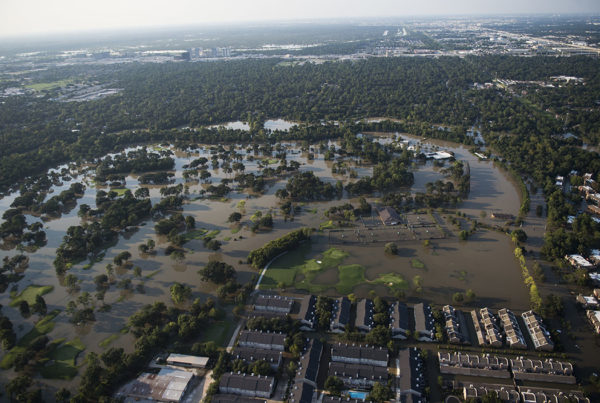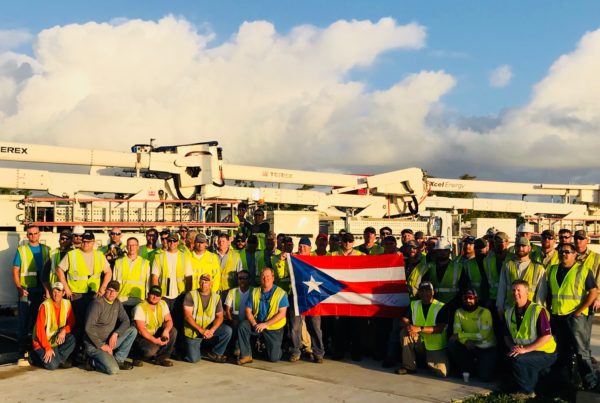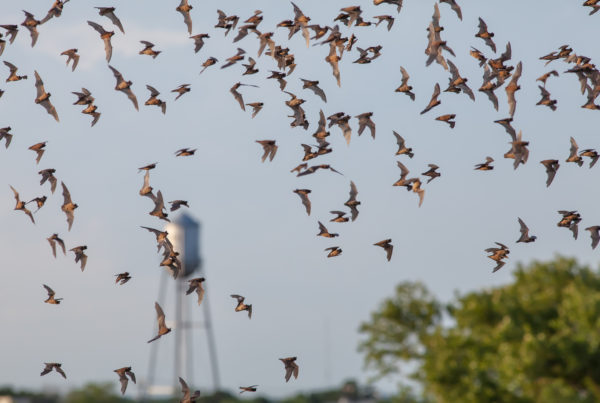The U.S. Supreme Court delivered a blow on Monday to the Trump administration and its efforts to wind down the Deferred Action for Childhood Arrivals program. Lower courts have ordered the federal government to continue to accept renewal applications for DACA – and now the Supreme Court justices are refusing to take up the administration’s appeal. This sends the case back down to a court of appeals.
The Supreme Court’s move isn’t a surprise to those closely watching the DACA debate though legal experts say this attempt by Trump administration was unusual.
Rocky Rhodes, a professor of law at South Texas College of Law in Houston, says the administration was trying to bypass the Court of Appeals and go straight to the Supreme Court.
“Although that sometimes happens, it’s extremely rare,” he says. “It’s only happened about 12 times in modern history.” In the past, it’s happened during events like Watergate, the Korean War, or a national emergency, he says.
Rhodes says the administration’s rationale for going around the lower court was that waiting longer “would interfere with an orderly wind up of the DACA program, and that they did not want to do that.” But he says a Supreme Court ruling wouldn’t have been available until the end of June anyway – so that wouldn’t have come in time for the administration’s March 5 deadline either.
“The case goes back now to the Court of Appeals,” he says. “The Ninth Circuit Court of Appeals will be hearing this case in an orderly fashion, which means, unless there’s some other action by Congress, and assuming the Ninth Circuit affirms what the district court did, we’re looking at it going back up the Supreme Court sometime in the 2018-2019 term, so no decision until June 2019.”
The outcome, he says, essentially means keeping the status quo for at least another year.
“This gives lawmakers a lot more time, and they’re aware of that fact. I think it’s going to take this off of the burning legislative priority and put it to the back burner for awhile, which has potential complications,” he says. “Legislators a lot of times wait until there’s a fire before they try to put it out.”
Written by Jen Rice.


